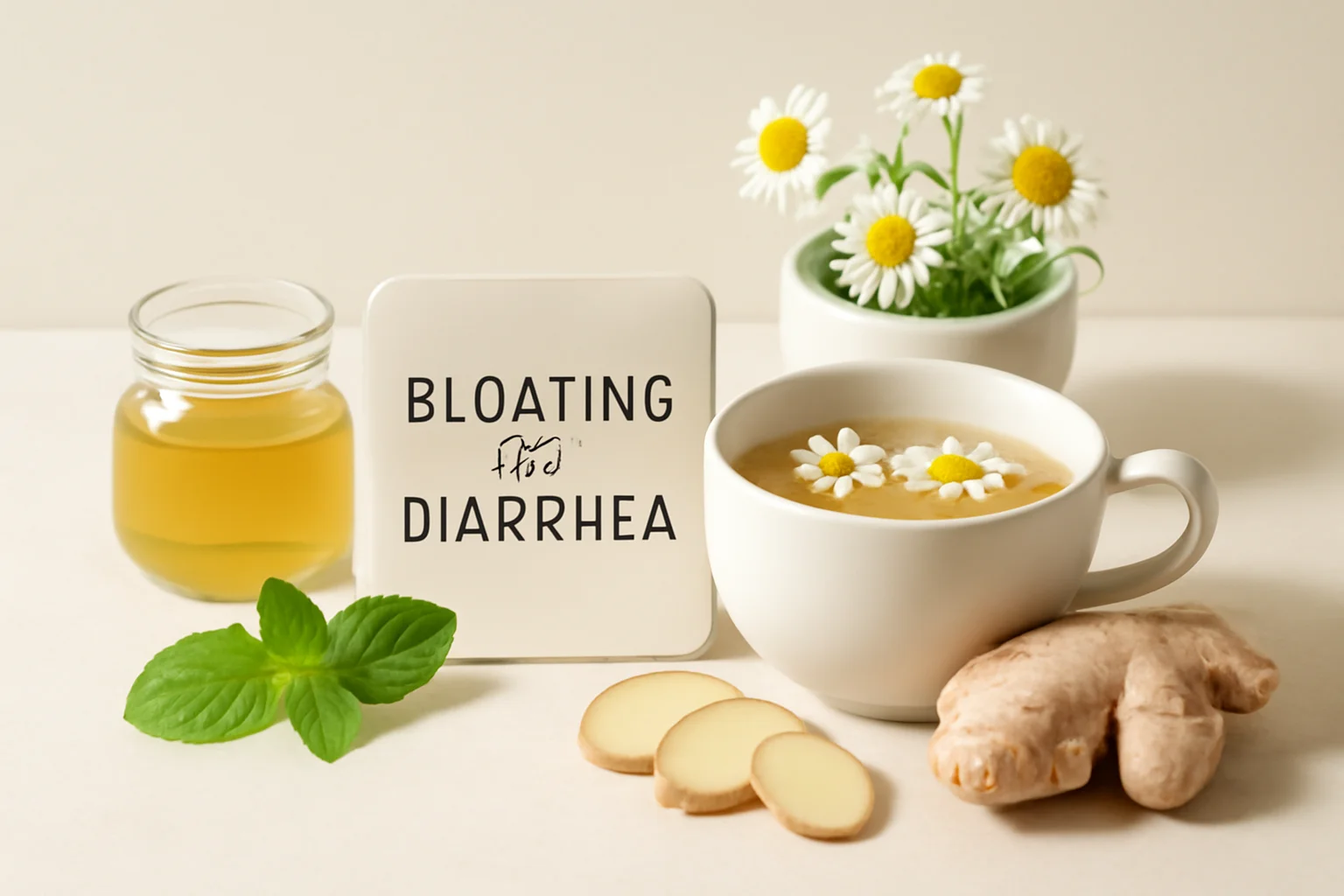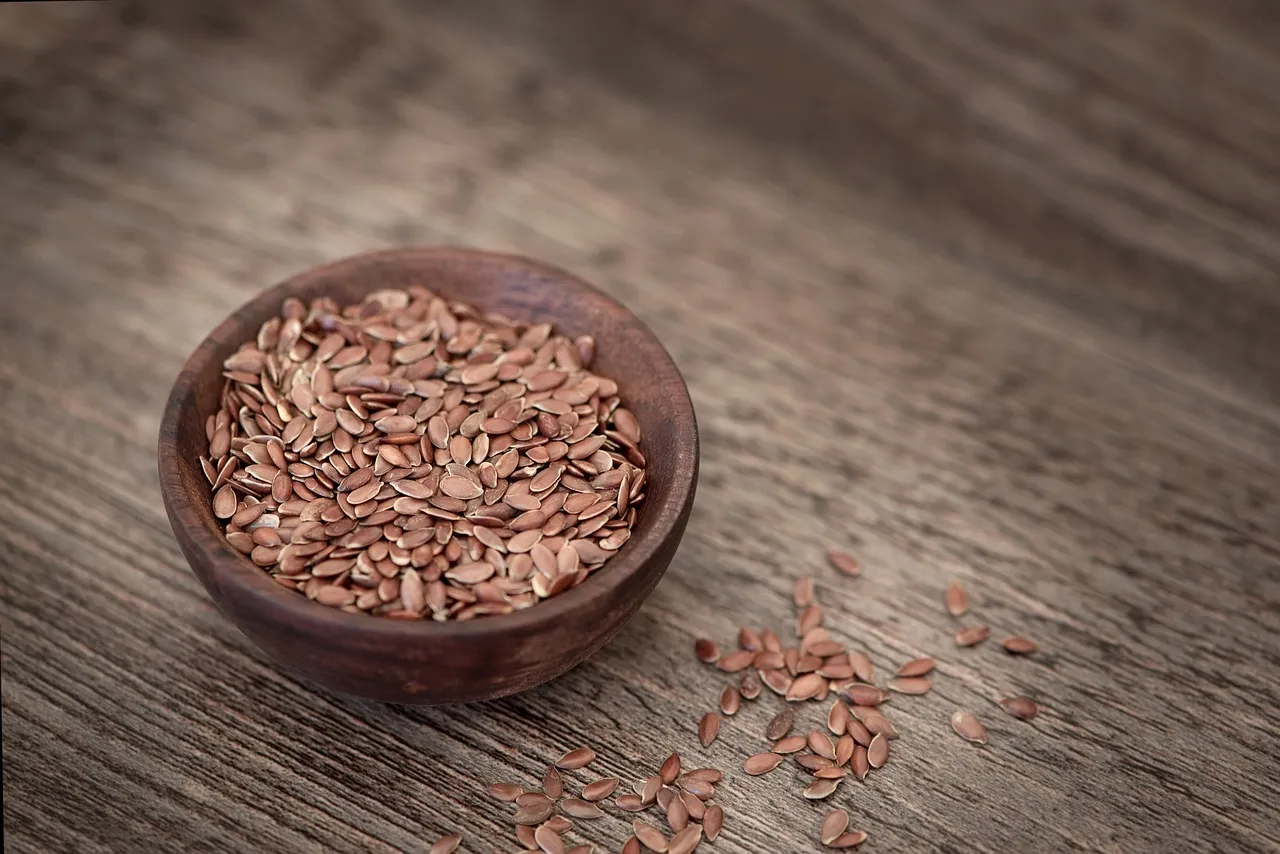
How to Treat Bloating and Diarrhea with Natural Methods?
The bloating and diarrhea are common digestive issues that can significantly affect many people’s lives. These symptoms can arise from various causes, and while they may seem different at first glance, they are actually closely related. Due to the complex functioning of the digestive system, bloating and diarrhea can depend on numerous factors, including diet, stress, sedentary lifestyle, and various diseases.
Many people experience the uncomfortable feeling of bloating, which can be accompanied by a sense of fullness, tension in the abdomen, and sometimes pain. In contrast, diarrhea refers to an increase in bowel movements and the watery consistency of stools, which can also cause considerable discomfort. The two conditions often occur together, and due to varying symptoms and triggers in individuals, it can be challenging to determine which problem is dominant.
To understand digestive disorders, it is essential to consider the various factors that may contribute to these symptoms and to find appropriate solutions for alleviating the problems. Below, we will examine in detail the causes, symptoms, and treatment options for bloating and diarrhea.
How Does Bloating Occur?
Bloating is a common digestive issue caused by the accumulation of gas in the stomach and intestines. During bloating, the abdomen becomes tense and can often be accompanied by pain. The causes are wide-ranging, from dietary habits to gastrointestinal diseases.
One of the most common causes is poor nutrition. Certain foods, such as beans, lentils, cabbage, and broccoli, are rich in fiber, which can produce gas during fermentation. Additionally, the consumption of carbonated beverages can contribute to the onset of bloating. Furthermore, eating quickly, which involves swallowing a lot of air, can also exacerbate bloating.
Stress and anxiety can also play a significant role in the development of bloating. Stressful situations can disrupt the functioning of the gastrointestinal system, leading to increased gas production. Moreover, various digestive disorders, such as lactose intolerance or celiac disease, can also cause bloating. These conditions prevent the body from properly digesting food, resulting in gas formation.
The treatment of bloating typically begins with dietary changes and lifestyle adjustments. It is important to pay attention to the health of the gut flora, as consuming foods rich in probiotics can help reduce bloating. Regular exercise and stress management techniques, such as breathing exercises, can also contribute to alleviating symptoms.
Causes and Symptoms of Diarrhea
Diarrhea refers to an increase in bowel movements, which is usually accompanied by the thinning of stools. Diarrhea can be acute or chronic and can have numerous triggering causes. Acute diarrhea often occurs as a result of viral or bacterial infections, while chronic diarrhea is generally associated with persistent digestive disorders.
The most common causes include infections, such as norovirus or rotavirus, which spread rapidly, especially in communal settings. Food allergies and intolerances, such as lactose intolerance or gluten sensitivity, can also lead to diarrhea. Additionally, intestinal inflammation, such as Crohn’s disease or ulcerative colitis, can cause chronic diarrhea, significantly affecting quality of life.
Symptoms of diarrhea include abdominal cramps, frequent trips to the bathroom, and watery stools. In severe cases, these symptoms can lead to dehydration, which can be particularly dangerous for children and the elderly. It is important to drink enough fluids during episodes of diarrhea and seek medical assistance if necessary.
The treatment of diarrhea generally begins with identifying the underlying cause. If diarrhea is a result of an infection, the body usually recovers on its own, but in more severe cases, medication may be necessary. Modifying the diet, such as following the BRAT diet (bananas, rice, applesauce, and toast), can help soothe the gastrointestinal system and alleviate symptoms.
Connection Between Bloating and Diarrhea
The relationship between bloating and diarrhea is close, and in many cases, the two problems occur together. An imbalance in gut flora can trigger both conditions, as pathogens in the intestines or improper digestion can lead to gas formation and loose stools.
Moreover, stress and emotional states also influence the functioning of the digestive system, so anxiety, tension, or depression can exacerbate both bloating and diarrhea. Digestive disorders, such as irritable bowel syndrome, can also contribute to the development of both problems.
During treatment, it is important to identify the underlying causes and implement appropriate lifestyle changes. Stress management techniques, such as meditation, relaxation exercises, or regular physical activity, can help alleviate symptoms. Changing the diet can also be an important step: consuming foods rich in probiotics can help restore gut health.
When treating bloating and diarrhea, it is crucial to listen to your body, and if symptoms persist or worsen, consult a physician. A professional can assist in establishing an accurate diagnosis and selecting the most effective treatment.
**Warning:** This article does not constitute medical advice. In case of health issues, please always consult your doctor.

